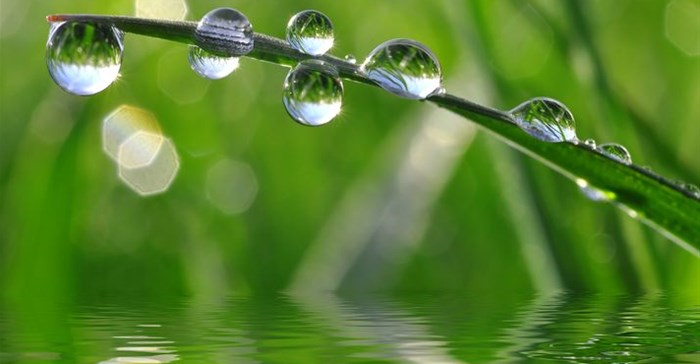
Top stories






More news


Marketing & Media
Ads are coming to AI. Does that really have to be such a bad thing?














Held every two years, the symposium aims to find new ideas on issues that affect all water users, like climate change, energy efficiency, sustainability and the protection of drinking water quality and therefore public health.
“These issues are global in nature and transcend both national and continental boundaries,” says Dhesigen Naidoo, CEO of the WRC. “It is only through collaboration that the water industry will be able to address these challenges," says Dhesigen Naidoo, CEO of the WRC. "The countries and indeed companies that enjoy high levels of water security around the world have done it on the back of very good science and high levels of innovation."
"This is what we want to invest in more heavily with the help of our international partners. In addition we want to organise for the water industry to develop to a point of providing services like acid mine water solutions and new sanitation for the international market providing us with sorely needed job creation and enterprise development opportunities.”
Some of the world’s most reputable and leading research organisations - like the Canadian Water Network, the Dutch-based Watercycle Research Institute and the US-based Water Environment Research Foundation, among others - have teamed up to face these challenges head-on, and established the Global Water Research Coalition.
The symposium will include plenary and keynote presentations on every day, as well as parallel sessions of invited papers on case studies, research, posters and an interactive Watersmart Zone. The Watersmart Zone will be a dedicated space, designed as a real-life walk-through of different landscapes, in which some of the country’s most innovative water and sanitation solutions will be demonstrated.
“Delegates will be able to see how these technologies and solutions work and can be implemented in a variety of contexts,” says Dr Inga Jacobs-Mata, executive manager of Knowledge Dissemination, Marketing and Communications at the WRC. “It will also be home to the Knowledge Café, an interactive space that will form a fourth parallel session for more informal discussions.”
The symposium will be opened by Nomvula Mokonyane, Minister of Water and Sanitation, and will include discussions on industry partnerships and water and sanitation futures.
An afternoon session tackling the much debated issue of fracking is another session not to be missed. Surina Esterhuyse from the University of the Free State will deliver a presentation on an interactive vulnerability map and monitoring framework to assess the potential environmental impact of hydraulic fracturing.